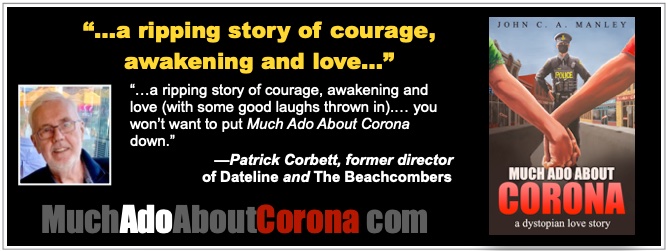Back in 2014 I wrote a letter to the hospital that oversees Nicole’s dialysis clinic. The letter listed 12 reasons why Nicole was refusing to take a drug that had been prescribed to her. The drug (a combination of salt and plastic) was supposed to prevent heart failure while on dialysis. At that time, staff were giving her a very hard time about not taking the drug.
Recently (four years later), one of the nurses at the clinic told Nicole that the drug is no longer being used (at least in our network of clinics, if not all of Ontario). The drug has been in use for over 50 years.
As I stated in the letter, I thought the drug was only changing the way the patient would die – namely by slow intestinal bleeding instead of a quick heart attack. Looks like they may have come to agree.
I’m no genius. I don’t even have a college degree. Nonetheless, as you can see from the letter, I simply read the relevant studies (available for free online) and made simple risk/benefit calculations. The drug was a clear loss for everyone but the drug company.
I think we should respect doctors; but don’t rely on them (unless you’re unconscious with a bullet in your side). Let’s not over-rate our their recommendations; or undermine our own capabilities. It’s a bit of a David and Goliath situation. A medical degree comes with disadvantages; whilst having your pancreas in crisis provides some advantageous motivation.
Thinking Outside the T1D Matrix
–John C. A. Manley
P.S. I’ve also since come to the conclusion that the drug not only didn’t fix the perceived cause of the heart failures, but that perceived cause doesn’t even exist. I hope to write about this soon. Until then, check out my previous article about other contradictions in the world of kidney failure care: Kidney Disease: Growing Epidemic or Emerging Market?
P.P.S. You can help us with our research and experiments to not only make life better for those with kidney failure and type-1 diabetes, but completely reverse both conditions. Donations can be made at kidneykarma.com.
